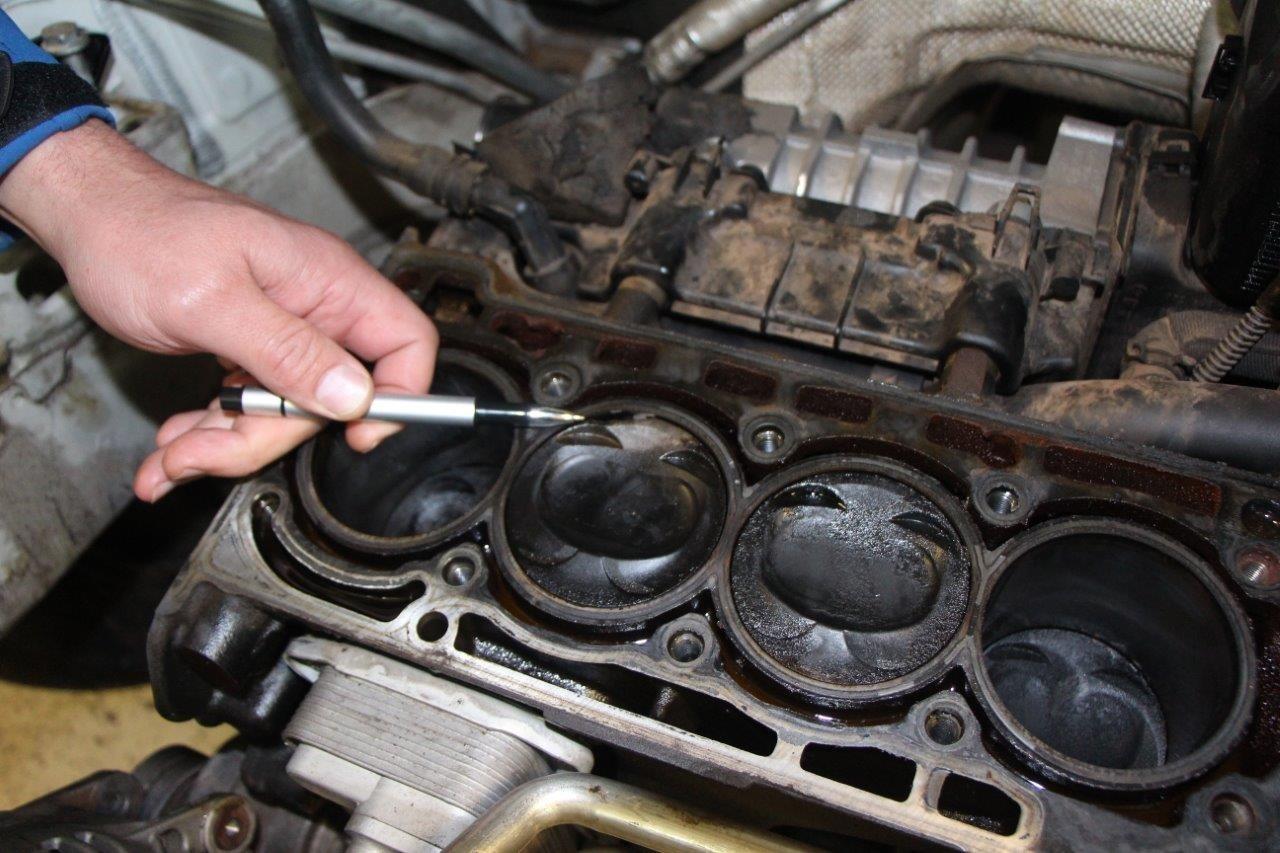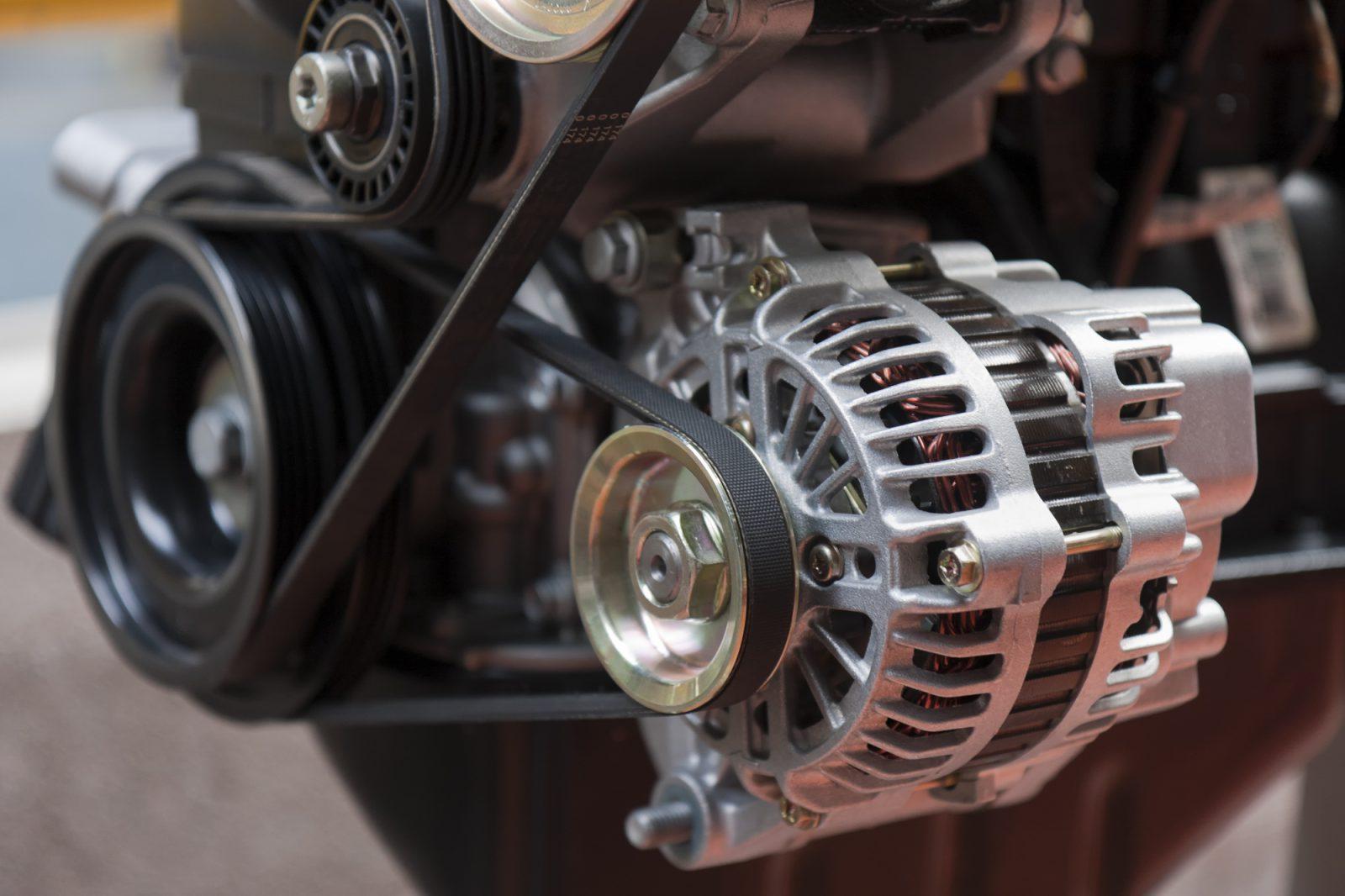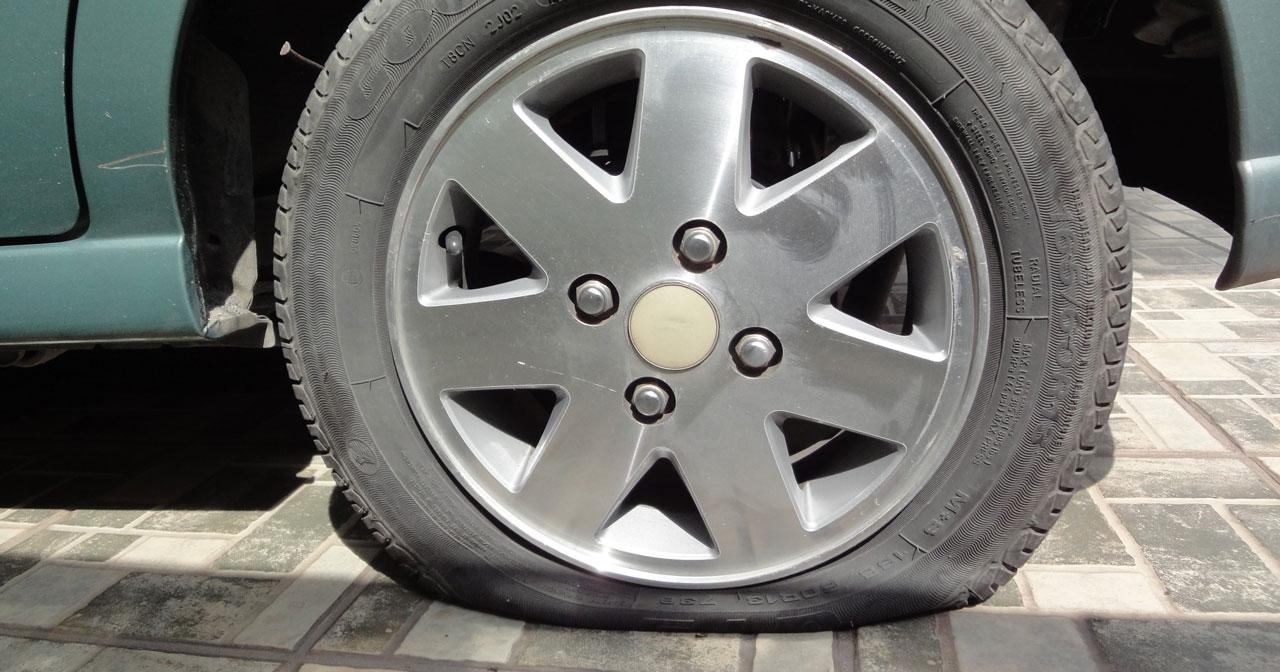A List of Common Car Problems and Issues
Having a vehicle for the daily commute or occasional travels makes life easier, but it comes with a catch. You have to treat these cars with care and cannot neglect their scheduled maintenance. Plenty of things can go wrong and any negligence will lead only to more expensive repairs. There are some common car problems that you must be aware of. Picking up their warning signs early may save you from huge financial burdens.
Maintaining regular upkeep keeps your car in a healthy condition, ensuring your safety on the road. Besides, taking care of minor issues prevents them from becoming major problems down the road.
A List of the Most Common Car Problems
Here is a list of the problems that frequently occur in modern cars. Older vehicles will have a different set of troubles since their mechanism is different.
1# Check Engine Light/Warning Lights
The most common issue for all types of modern automobiles. Vehicles these days have an Engine Control Unit (ECU) the monitors the sensors of different systems. When these sensors give an error code or cannot function properly for some reason, the ECU detects the code and triggers the check engine light or the relative warning light on the dashboard.
There are over 200 warning codes. Use an OBDII scanner to diagnose the code and take necessary repair action.
2# A Sputtering/Misfiring Engine
The engine could have a handful of issues but sputtering or misfiring is the most common of them. To run smoothly, an engine must have an ideal proportion of air/fuel mixture getting burnt properly in the combustion chamber. A number of components have to work together to complete this entire process.

3# Brake Issues
Like the engine, the braking system may also suffer plenty of major and minor issues. Whenever you hear them making sounds, like squeaking or grinding, take immediate action. This system is vital for you to stay safe on the road.
4# Flat Tires
Undoubtedly, one of the most common car problems. It does not always happen for rolling onto a sharp object or rock. Normal wear and tear can also deflate a tire. To keep them in a good shape, always check whether they have the correct air pressure and rotate them at every 5,000 miles or at the time of changing the oil.
Uneven tire wear is another major problem. A misaligned suspension is a culprit in that case.
5# Poor Fuel Economy
Fuel efficiency depends on proper engine performance, or more precisely, its correct rate of burning fuel in the combustion chamber. A few other components including air filter, fuel filter, oxygen sensors, and mass airflow sensors are also involved. The engine will consume more fuel upon failure or under-performance of these parts.
SEE MORE
- How to Fix the Problem of Car Rough Idling When Warm?
- Easy Way to Use a Multimeter for Testing a Car Battery
6# Stalling
This could a nightmare for a new car owner. One moment you are driving smoothly and the next it stops or stutters without any warning. The possible causes could be a damaged fuel line, a bad filter, or faulty spark plugs.
7# Dead Battery
Looking at the expected lifespan of car batteries, which is 50,000 miles or three years, a dead battery does not appear to be common car problems. Well, a battery’s performance depends on a few other parts, such as an alternator and battery temperature sensors. The charging system components also play a part. The battery won’t get the proper supply of electrical currents or amps any of these parts is having a problem.
8# Alternator Failure
Like the battery, the alternator can also go bad. When you start the engine, this component does the job of running all electrical systems. It also monitors the supply of electrical charge to the battery. A damaged or broken alternator means disrupted functions of the electrical systems. The worst thing is it can wear out the battery.

9# Clogged Transmission Filter
A transmission is a closed system, but the fluid used in it can get dirty over time by gathering pollutants, grime, and sludge. A filter keeps these unwanted particles out of the system, but it can get clogged due to excessive contaminants. Not changing the filter and the fluid on time can lead to major transmission defects.
10# Excessive Exhaust Smoke
The exhaust pipe releases some colorless smoke, but an excessive amount indicates a serious engine problem. White smoke refers to leaked coolant and a blue fume means that oil is getting into the combustion chamber.
Excessive emissions will also lead to a failed emission test. Most emission testing centers will let you know the reasons, so you can do the necessary fix.
11# Slipping/Stiff Automatic Transmission
Upon proper maintenance, the automatic transmission in a modern vehicle can last over 200,000 miles. But if you are not careful with the upkeep schedule, there could be a leak, damage, and clogging into the components of its hydraulic system. The transmission will slip or feel stiff when this happens.














